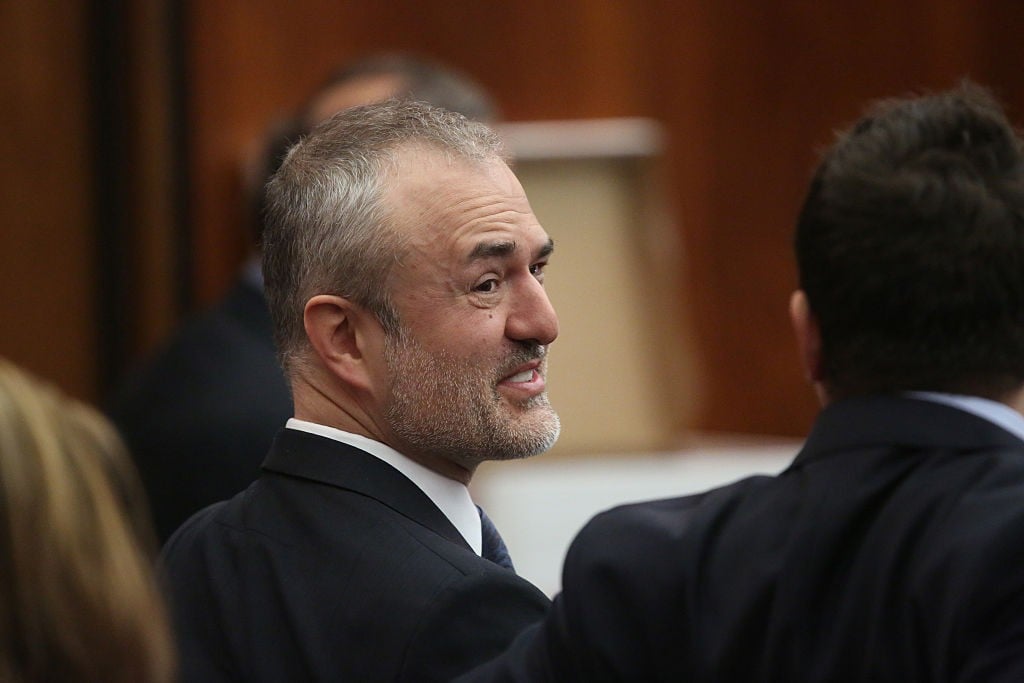For more than a decade, Nick Denton’s Gawker Media captivated the internet with its bold and often controversial reporting. From exposing celebrity secrets to dissecting the power dynamics of the tech industry, Gawker thrived on a culture of radical transparency. However, the publication’s trajectory changed dramatically with a high-profile lawsuit that would ultimately lead to its downfall. This article explores the rise and collapse of Gawker and its founder.
A Journalist Turned Digital Media Tycoon
Nick Denton’s career began in the 1990s at the Financial Times, where he covered finance and the burgeoning tech startup scene. His move to San Francisco in 1998 coincided with the dot-com boom, and instead of merely reporting on the internet revolution, he became a part of it. By 2000, Denton co-founded two tech sites, selling one for $50 million—a testament to his entrepreneurial spirit.
In 2002, Denton launched Gawker.com from his Manhattan apartment, targeting New York’s media elite with a sharp, gossip-driven approach. The site quickly garnered attention for its fearless coverage and irreverent style, publishing what others hesitated to touch. As traffic surged, Denton expanded Gawker into a comprehensive media network, launching or acquiring popular blogs such as:
- Gizmodo (tech)
- Lifehacker (productivity)
- Jezebel (feminism)
- Deadspin (sports)
- Kotaku (gaming)
- io9 and others
By the early 2010s, Gawker attracted tens of millions of readers monthly, and its value soared to over $400 million. Denton’s 30% stake put his net worth at an estimated $120 million.
Pioneering Controversial Journalism
Gawker positioned itself as a counter to traditional media, breaking stories that major outlets were too wary to tackle. The publication was responsible for:
- Releasing a leaked video of Tom Cruise discussing Scientology
- Disclosing evidence of Toronto Mayor Rob Ford smoking crack
- Revealing Josh Duggar’s Ashley Madison account
- Covering Hillary Clinton’s private email server use
As former Gawker COO Gaby Darbyshire noted, Denton aimed to “shine a bright light on dark corners.”
However, with great ambition came great risk. In 2007, Gawker outed billionaire investor Peter Thiel as gay, sparking controversy that would later unfold in unexpected ways. In 2015, a retracted story about a Condé Nast executive only intensified criticism over Gawker’s ethics, challenging the boundaries of journalistic integrity.
The Lawsuit That Changed Everything
The turning point for Gawker came in 2006, when Hulk Hogan had an intimate encounter with Heather Clem, the wife of a Florida radio personality. Unbeknownst to Hogan, the encounter was recorded without his consent. In October 2012, the footage was published on Gawker.com, leading to a lawsuit from Hogan.
What began as a personal grievance quickly snowballed into a legal battle with massive financial implications. Behind the scenes, Hogan’s legal fees were secretly funded by Peter Thiel, who had long sought revenge against Gawker for its 2007 exposé. In March 2016, a Florida jury awarded Hogan $140 million in damages, with Denton personally liable for at least $10 million. This verdict effectively marked the beginning of Gawker’s end.
The Sale of Gawker Media
In June 2016, overwhelmed by legal debts, Gawker Media filed for bankruptcy. Two months later, it was sold for $135 million to Univision Communications, which aimed to broaden its reach in English-language digital media. The sale included almost all of Gawker’s properties, with the notable exception of Gawker.com, which ceased operations.
Denton, who held a pivotal stake in Gawker Media, reportedly received $15.4 million from the sale. Univision rebranded the remaining properties under the Gizmodo Media Group, although editorial conflicts and budget cuts soon decimated the original team.
Gawker.com lay dormant until a brief revival in 2021 by Bustle Digital Group, which resulted in another shutdown early in 2023 when the domain was acquired by Bumble, the dating app company.
The Personal Impact and Legacy
Denton filed for personal bankruptcy shortly after the sale, citing liabilities of around $150 million primarily due to the Hogan judgment. In 2017, Denton and Hogan reached a confidential settlement, with Denton affirming he had no further involvement in leaked tapes. The financial details remain murky, although it is speculated that Denton’s post-sale funds were partially used to settle with Hogan.
The saga of Gawker reflects a critical moment in the evolution of the media landscape, highlighting ongoing debates about journalistic freedom versus privacy rights, especially when propelled by wealth and power. Following the settlement, Denton retreated from public life, while Thiel continued to be a prominent figure in conservative politics and business, amassing a net worth of around $23 billion as of 2025.
Meanwhile, Hulk Hogan passed away on July 24, 2025, leaving behind a legacy intertwined with one of the most significant courtroom victories in media history. Today, Gawker’s ethos lives on in various online platforms, though its original form and spirit have largely faded away. Denton may no longer be the media mogul he once was, but his impact on digital journalism and the exploration of celebrity culture remains enduring.

Meet William, a proud Bethel University alumnus with a fervent passion for lifestyle and culture topics. His keen interest doesn’t stop there; he’s also deeply engrossed in current events of all kinds. William dedicates himself wholeheartedly to this site, thriving on the collaborative energy he shares with Suzanne, his long-standing partner in crime.
Having navigated their university courses side by side for years, their teamwork on the site is nothing short of dynamic. Together, they bring a unique blend of insights, proving that two heads are indeed better than one in delivering compelling content.













